Affiliate links on Android Authority may earn us a commission. Learn more.
Xiaomi Mi A2 vs Nokia 7 Plus specs: Battle of the Snapdragon 660, Android One phones
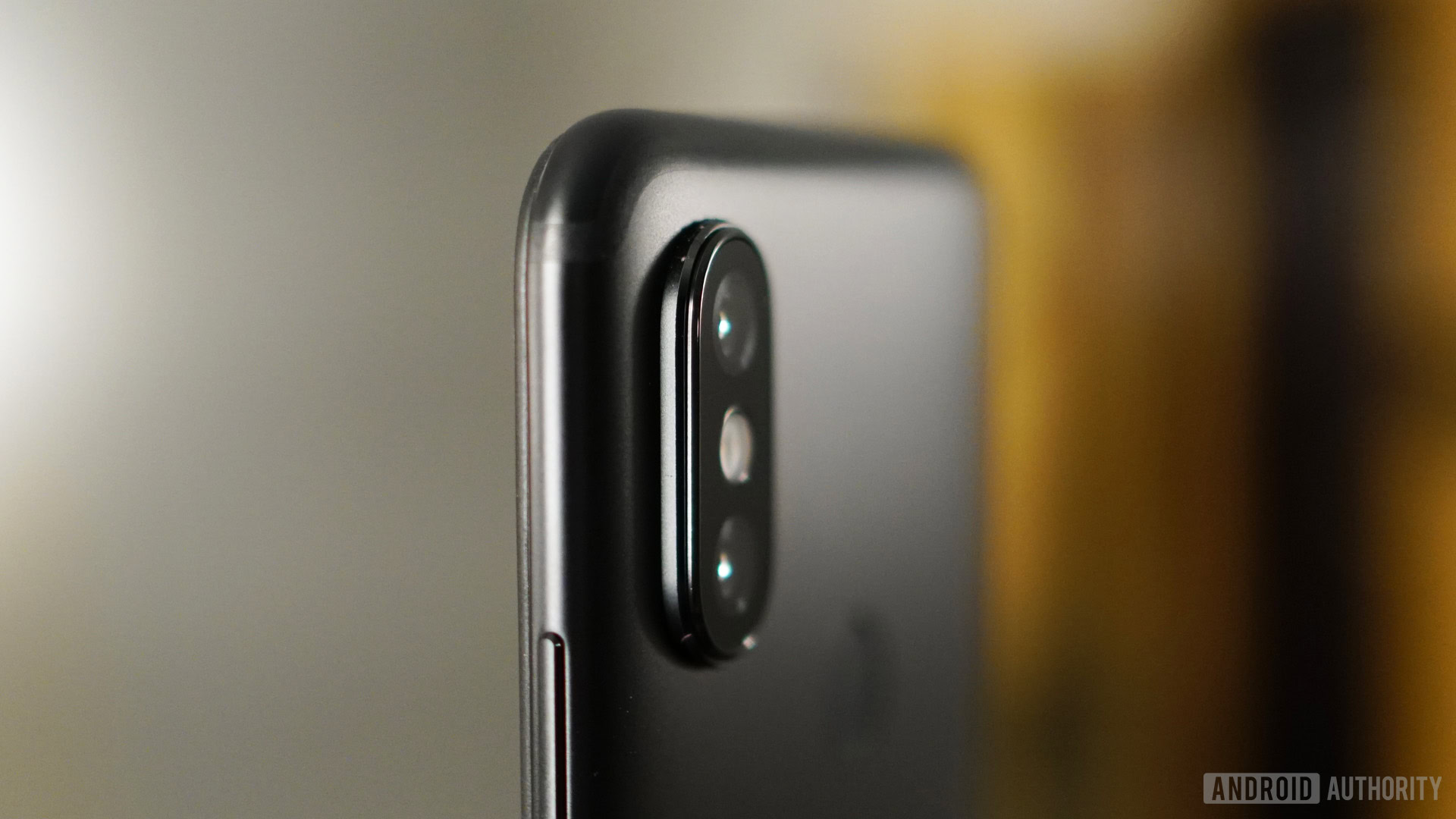
We knew the Xiaomi Mi A2 was coming for months now, and the Chinese manufacturer made the news official this week by revealing the phone in Spain. It’s a clear statement that Xiaomi wants to focus on Europe, but the brand will also need to look out for a resurgent Nokia/HMD Global in the region.
HMD Global saw plenty of European growth recently owing to its Nokia devices, and the Nokia 7 Plus might be its most impressive proposition yet. In fact, the phone has plenty in common with the Xiaomi Mi A2. We compare the spec sheets to figure out a winner.
Identical software and horsepower
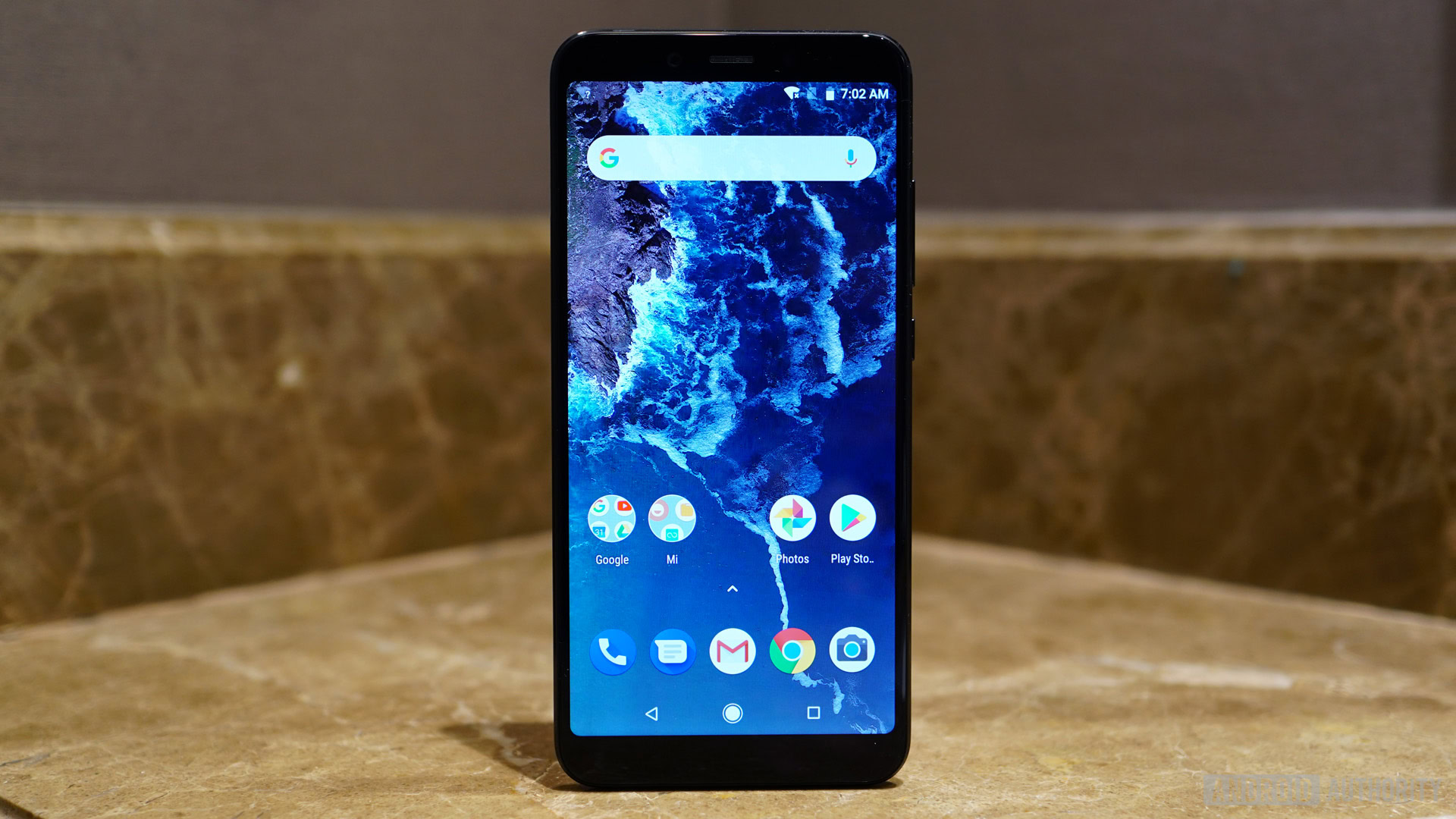
Both phones are Android One devices (running Android 8.1), which means they’ve got stock Android and should receive super-fast updates from Google. The last few HMD phones have seen relatively speedy updates, while Xiaomi’s sole Android One phone at the time (the Mi A1) saw a delayed Android 8.1 update due to a bug. Nevertheless, you should be getting updates for 18 months with Android One.
Then there’s the horsepower department, as both the Nokia 7 Plus and Xiaomi Mi A2 are powered by a Snapdragon 660 chipset. This processor is aimed at upper mid-range phones, delivering more power than typical mid-range chips but falling a little short of flagship silicon. Nevertheless, it should run advanced games and other heavy tasks without breaking much of a sweat.
| Xiaomi Mi A2 | Nokia 7 Plus | |
|---|---|---|
Display | Xiaomi Mi A2 5.99-inch IPS LCD 2,160 x 1,080 resolution (Full HD+) 403ppi 18:9 aspect ratio | Nokia 7 Plus 6.0-inch IPS LCD 2,160 x 1,080 resolution (Full HD+) 403ppi 18:9 aspect ratio |
Processor | Xiaomi Mi A2 Qualcomm Snapdragon 660 (64-bit octa-core, 2.2GHz) | Nokia 7 Plus Qualcomm Snapdragon 660 (64-bit octa-core, 2.2GHz) |
GPU | Xiaomi Mi A2 Adreno 512 | Nokia 7 Plus Adreno 512 |
RAM | Xiaomi Mi A2 4GB/6GB | Nokia 7 Plus 4GB |
Storage | Xiaomi Mi A2 32GB/64GB/128GB Non-expandable | Nokia 7 Plus 64GB Expandable via microSD slot |
Cameras | Xiaomi Mi A2 Rear: Dual-camera (12MP, f/1.75, 1.25μm + 20MP, f/1.75, 1μm) Front: 20MP f/2.2, 1μm | Nokia 7 Plus Rear: Dual-camera (12MP, f/1.8, 1.4μm + 13MP telephoto, f/2.6, 1μm) Front: 16MP f/2.0, 1μm |
Headphone jack | Xiaomi Mi A2 No | Nokia 7 Plus Yes |
Battery | Xiaomi Mi A2 3,010 mAh | Nokia 7 Plus 3,800mAh |
Software | Xiaomi Mi A2 Android 8.1 Oreo | Nokia 7 Plus Android 8.1 Oreo |
Dimensions | Xiaomi Mi A2 158.7 x 75.4 x 7.3mm | Nokia 7 Plus 158.4 x 75.6 x 7.9mm |
Weight | Xiaomi Mi A2 168g | Nokia 7 Plus 183g |
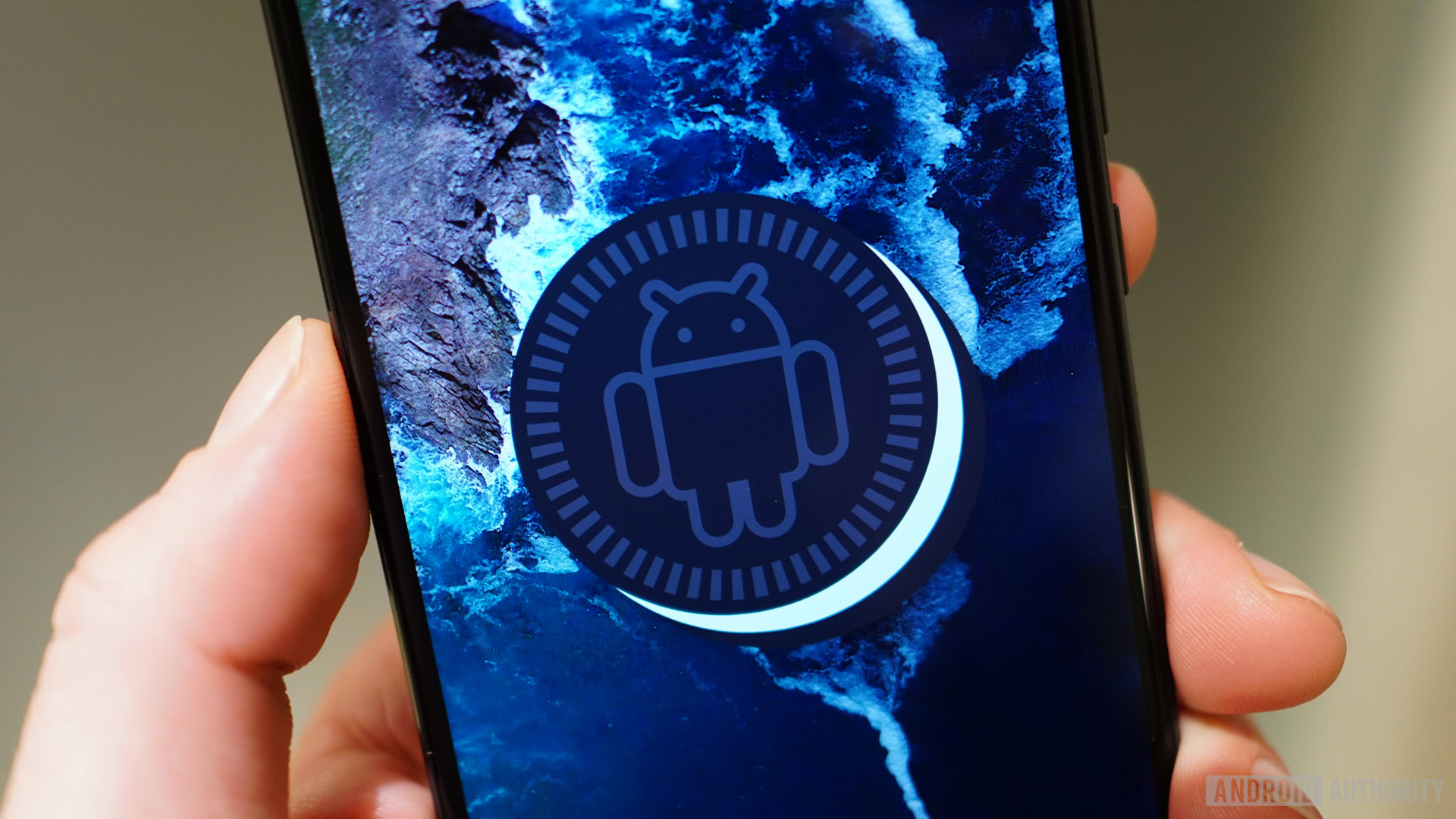
The similarities continue with the displays, as both phones feature a 6-inch Full HD+ LCD screen with an 18:9 aspect ratio. Sure, neither phone offers an OLED screen or 1440p resolution, but they should be good enough for most people.
The two devices differ slightly in the RAM and storage areas, as the Nokia 7 Plus is only available with 4GB of RAM and 64GB of expandable storage. Meanwhile, Xiaomi’s phone has 4GB/6GB of RAM, and 32GB/64GB/128GB of fixed storage.
In this day and age, 32GB of storage isn’t a huge figure at all, especially with no microSD expansion. You should spend a little extra to get more storage if you really want the Xiaomi Mi A2. Meanwhile, the Nokia’s 4GB of RAM and 64GB of storage is nothing to scoff at, as it’s still a staple in many flagships today.
What about design?
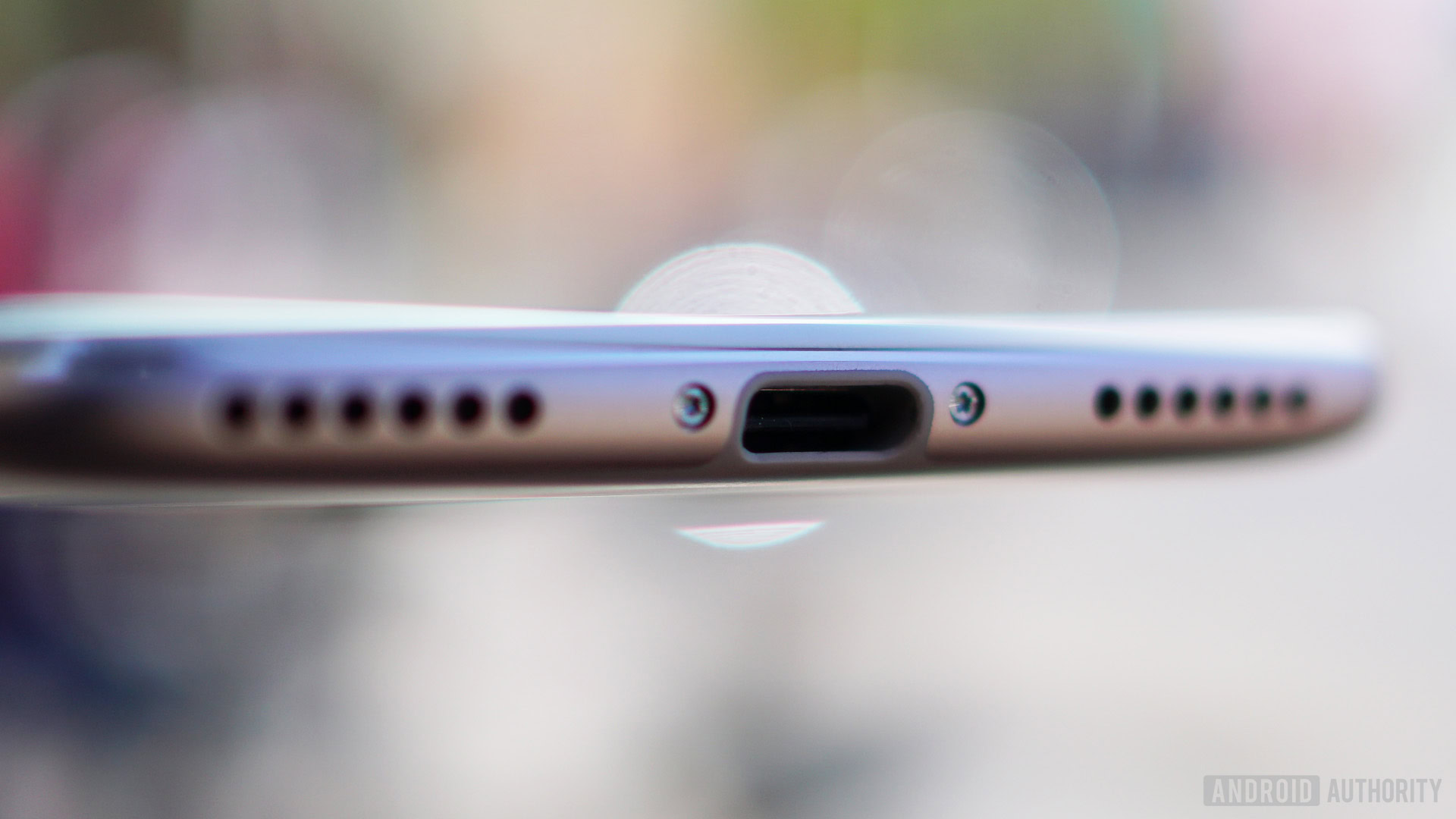
The Xiaomi Mi A2 is slightly thinner than the Nokia device but they’re both similarly sized in general. The Mi A2 echoes the iPhone X with its vertically stacked camera setup on the side, while the Nokia 7 Plus delivers a vertically stacked camera housing in the middle of the phone. Neither phone has a notch but, if anything, Xiaomi’s phone resembles Apple’s device the most.
Both phones are fashioned out of aluminum and feature a fingerprint scanner at the back. The metal body means wireless charging is out of the question, but it also means the rears won’t develop spiderweb cracks like glass bodies.
A tale of two camera setups
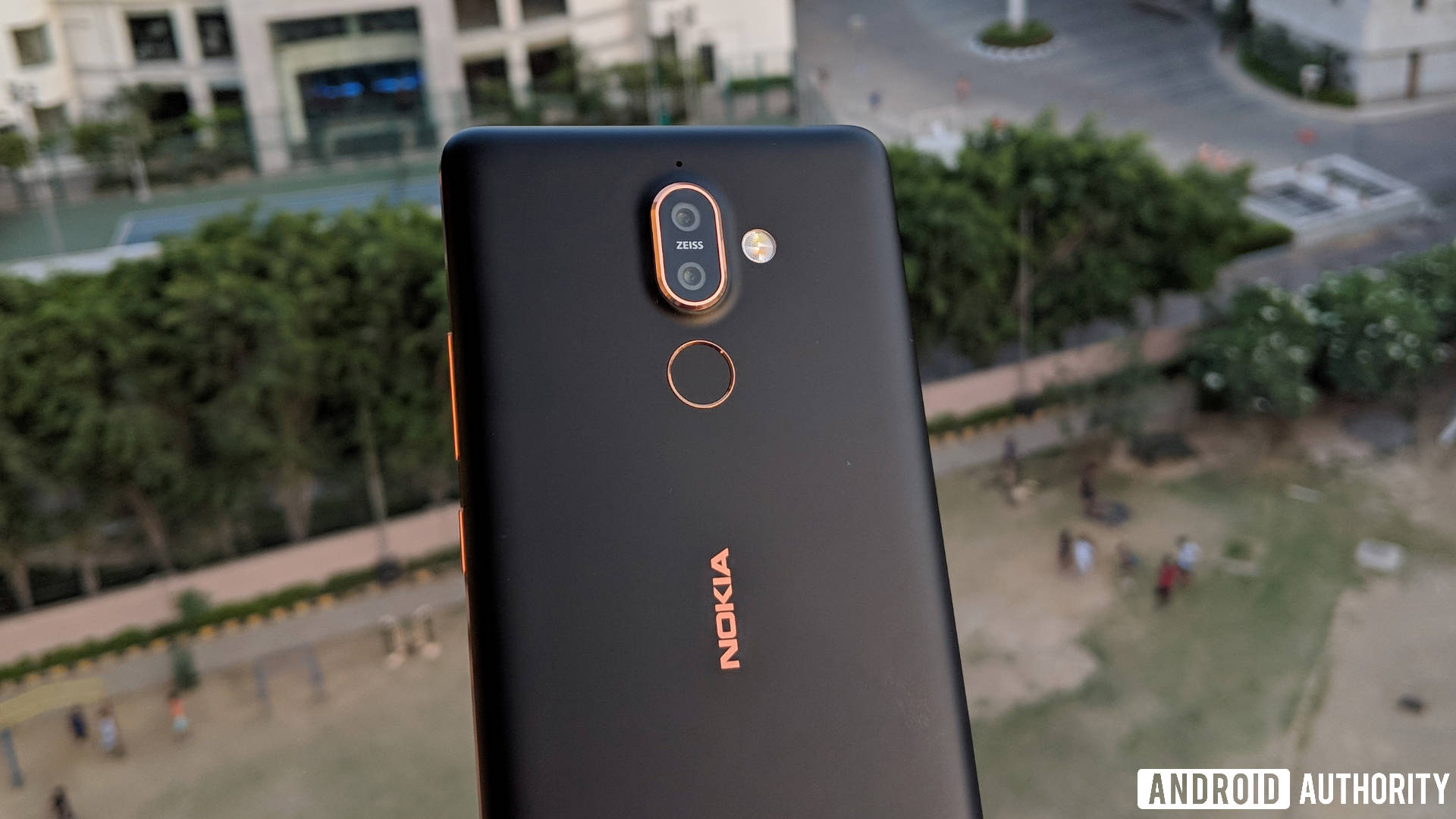
Each phone brings rather different dual-camera pairings to the table. The Mi A2 brings a 12MP f/1.75 main camera (with 1.25 micron pixels) paired with a 20MP f/1.75 secondary snapper (with one micron pixels). Instead of delivering telephoto zoom, the second camera enables better low-light shots thanks to pixel-binning (combining four pixels into one).
The HMD handset, on the other hand, sticks to a more conventional dual-camera setup. That means a standard 12MP f/1.8 main camera (with 1.4 micron pixels) and a 13MP 2x telephoto camera (f/2.6, and one micron pixels).
We’re expecting the Nokia phone to excel at zoomed in shots, but we’re interested to see a low-light comparison as both devices are opting for different solutions. Xiaomi is relying on pixel-binning, which should deliver bright 5MP shots that are then upscaled back to 20MP. HMD, on the other hand, is taking the more traditional route of a wide aperture and large pixels to capture enough light.
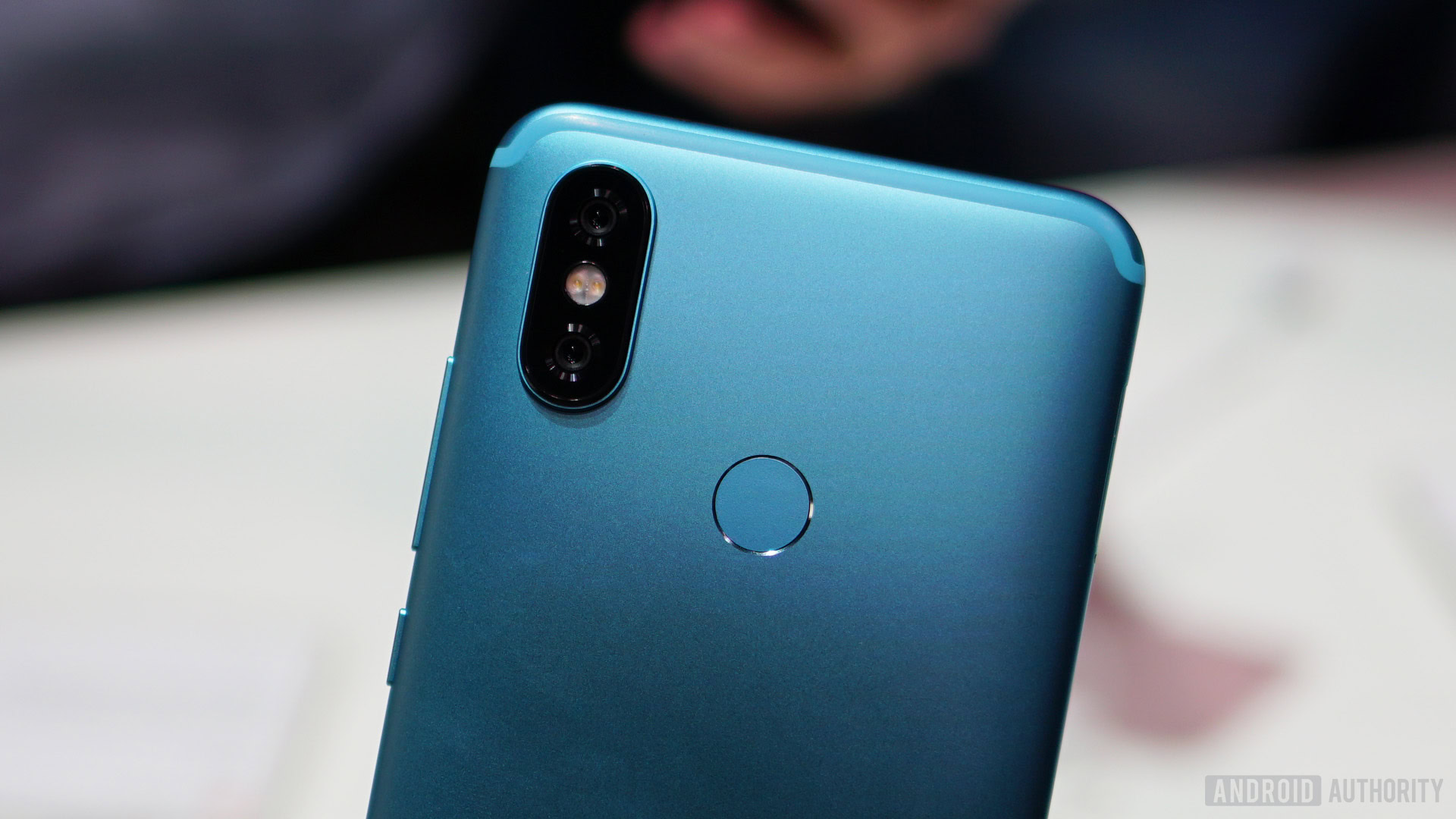
Both phones support portrait mode and manual photography, but they’re missing one crucial camera feature in the form of optical image stabilization. This is particularly handy for low-light situations, where the shutter needs to stay open a little longer to capture more light. The lack of OIS means we can reasonably expect some blurry results at night, owing to hand jitters.
Switch to the selfie cameras and it seems like a megapixel war over here, as the Mi A2 features the same 20MP f/1.75 camera (1.25 micron pixels) on the front while the Nokia 7 Plus has a 16MP f/2.0 shooter (with one micron pixels). The Mi A2 has the wider aperture and larger pixels, giving it the low-light advantage on paper, but we also wonder about sensor size on both devices, which can be a key factor in overall photo quality.
Which phone will conk out first?
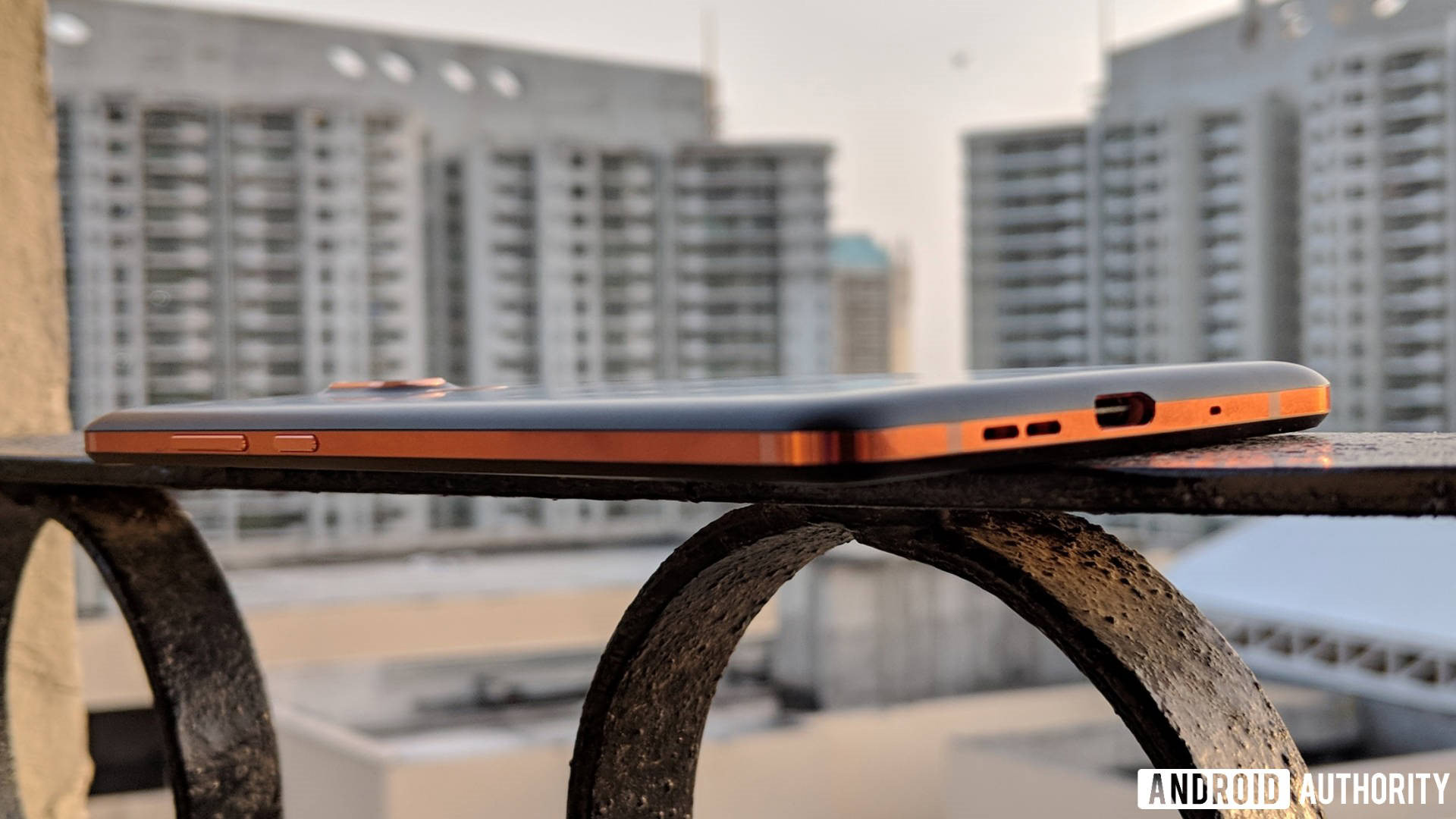
When it comes to endurance, the Nokia 7 Plus is the clear winner here, featuring a 3,800mAh battery. This is actually larger than quite a few flagships (e.g. Galaxy S9 Plus, HTC U12 Plus, OnePlus 6). Xiaomi’s device, on the other hand, offers a 3,010mAh battery that’s a pretty average size on paper.
If you occasionally forget to plug in your phone overnight, the Nokia 7 Plus should have more juice for your morning commute. The HMD phone also packs faster 9V/2A charging (up to 50 percent in 30 minutes), as opposed to the Mi A2’s 5V/2A charging.
Connectivity
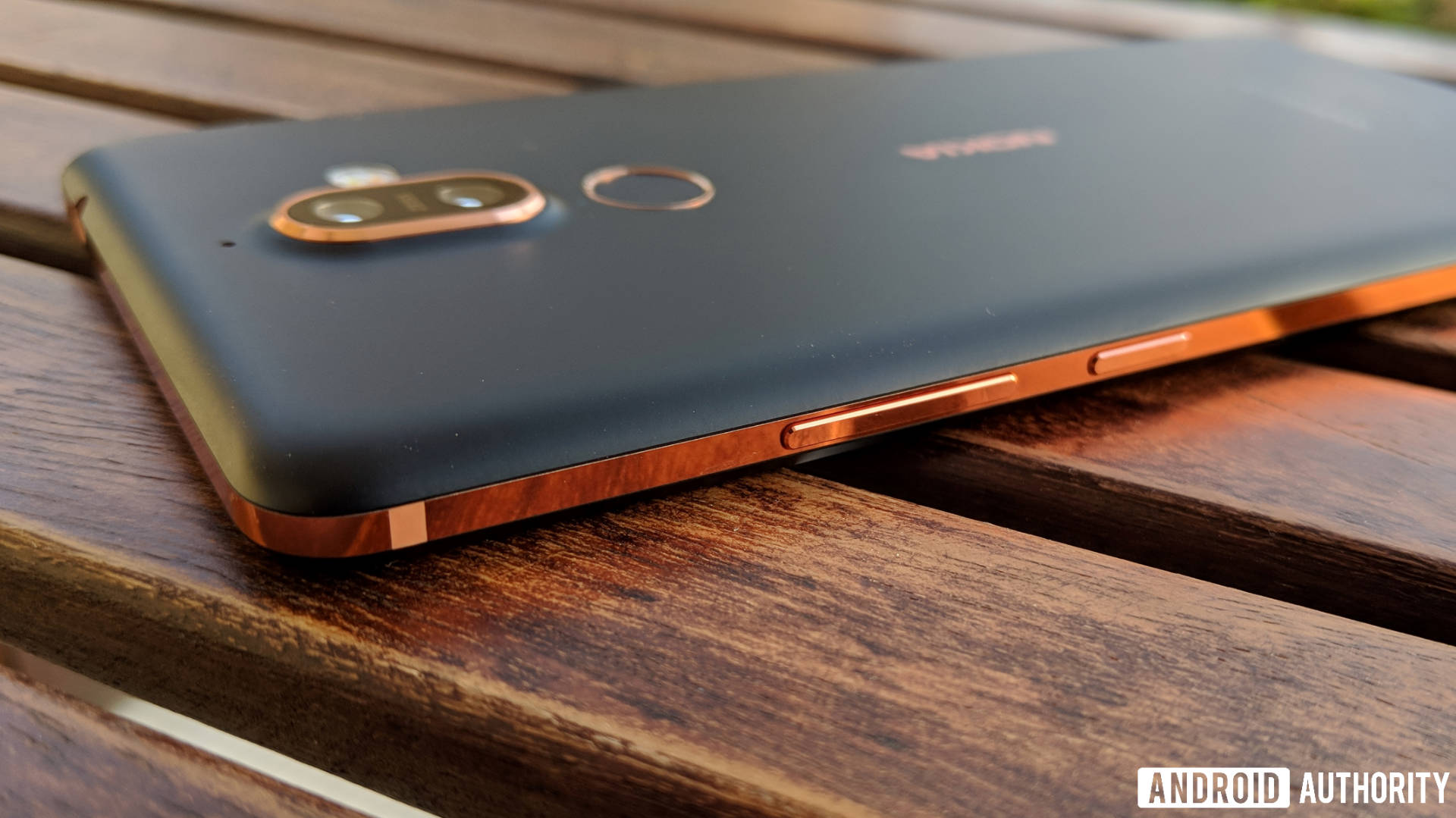
Both phones offer USB Type-C ports, but the Xiaomi Mi A2 ditches the 3.5mm headphone jack. It’s rather disappointing for a budget phone, even though the manufacturer is including a dongle. If you absolutely need a headphone jack — or just want to listen to music via your earphones and charge your phone at the same time — then keep the Nokia 7 Plus in mind.
The Mi A2 is also missing NFC connectivity, while the Nokia 7 Plus retains the chip. So if you’re an avid user of NFC-based payment solutions, then the choice is made for you already.
Xiaomi has still retained the IR blaster though, so you can control your TV, air conditioner, DVD player, and other appliances via your device.
In the SIM department, the Mi A2 sports dual-SIM slots by default, while the Nokia 7 Plus is available in single and dual-SIM variants.
Pricing?
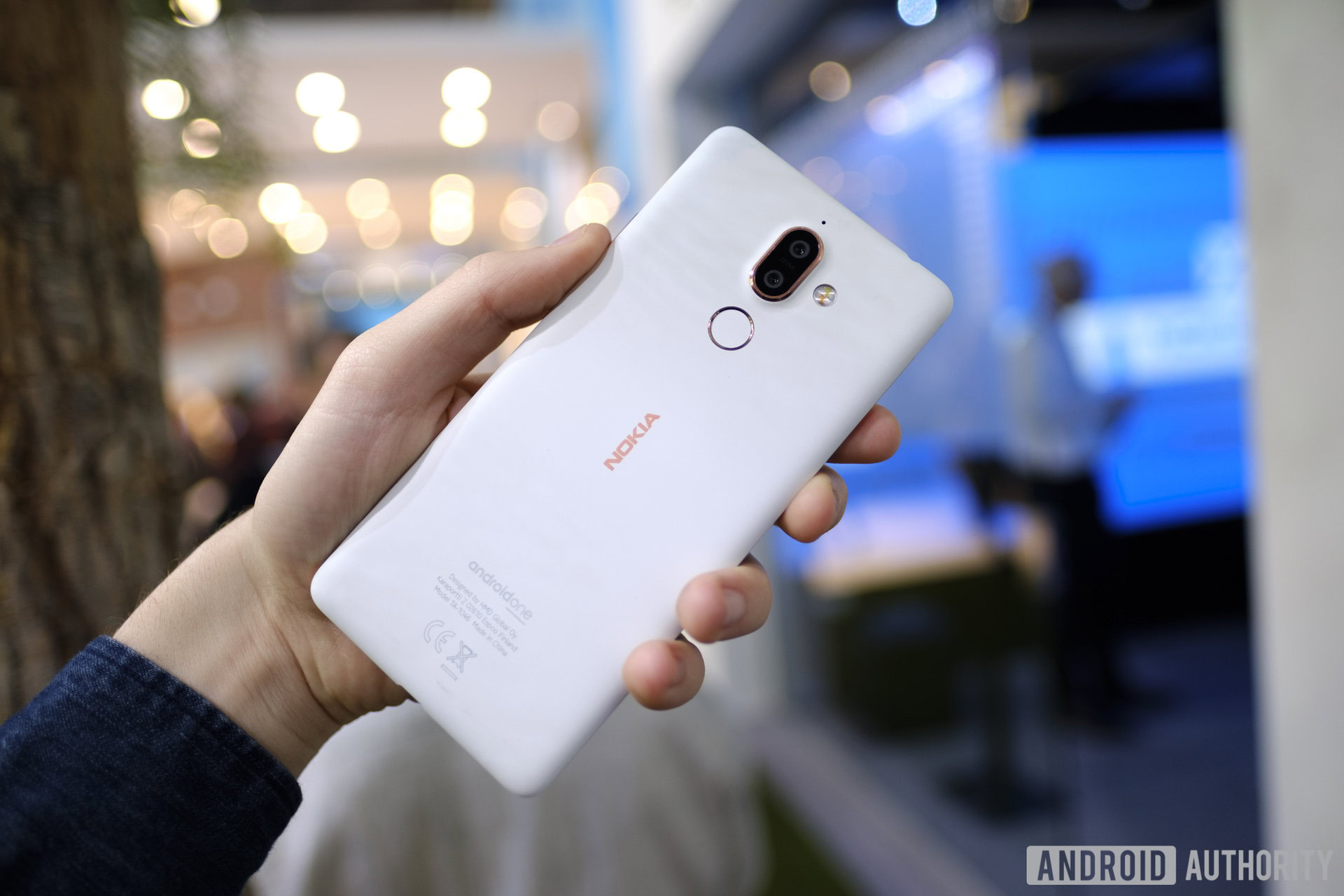
Xiaomi has a reputation for producing low-cost devices and the Mi A2 is no different. The device starts at 249 euros for the 4GB/32GB model, 279 euros for the 4GB/64GB version, and 349 euros for the 6GB/128GB variant.
The Nokia 7 Plus has a 399 euro price tag, which is 120 euros more expensive than the 4GB/64GB Mi A2 (and 50 euros more expensive than the 6GB/128GB model).
It’s a significant price difference and the Nokia phone’s extras arguably aren’t worth an extra 120 euros. But you’re getting a much larger battery, NFC, microSD slot, and a headphone jack, if these features are indeed non-negotiable for you.
Which phone would you pick? Let us know in the comments section! If you’d like to check out more Mi A2 coverage, you can do so via the links below: